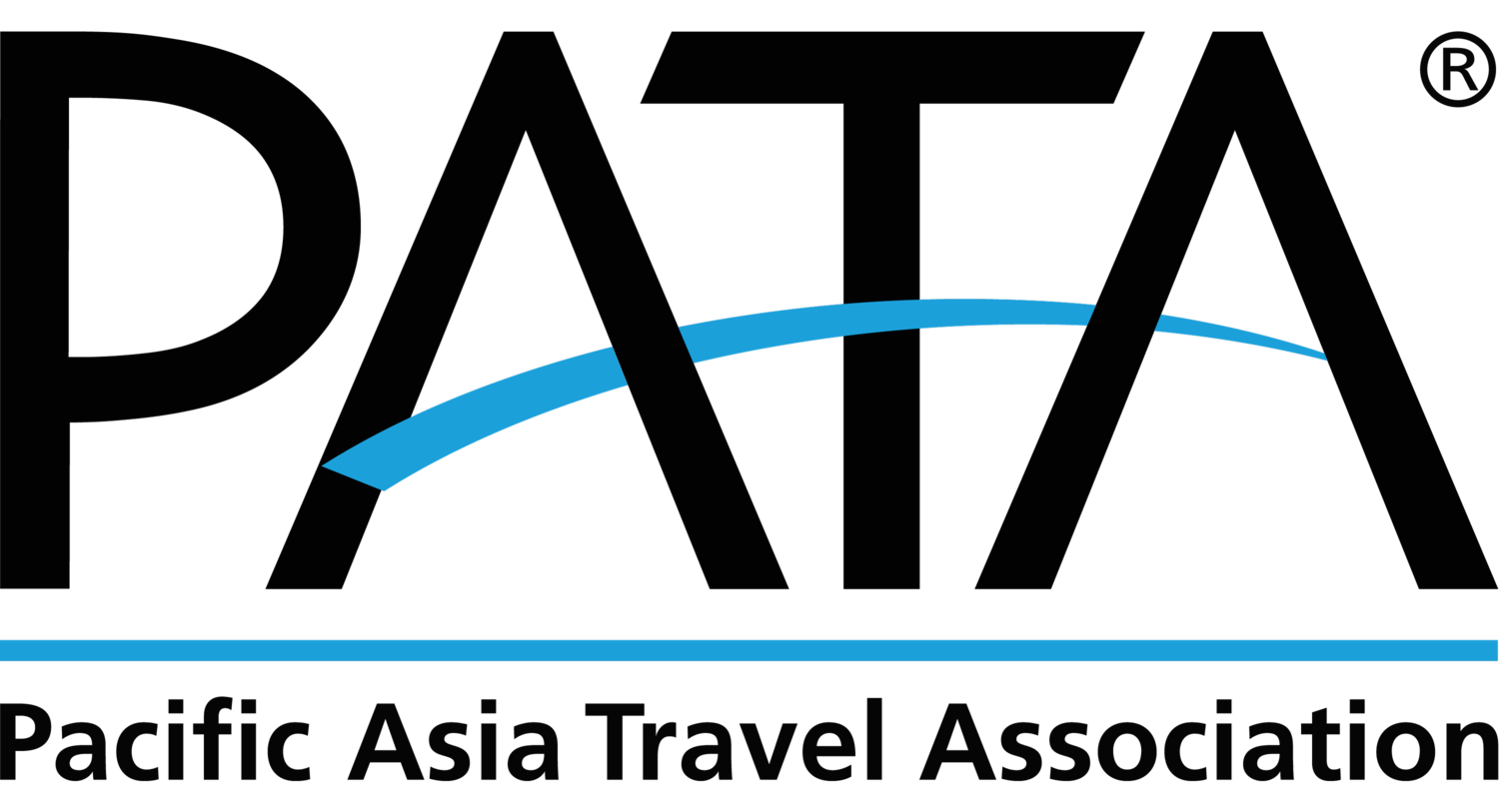A Call to Rebuild a More Robust and Responsible Travel and Tourism Industry
“COVID-19 has drastically changed the entire travel and tourism landscape, and, some would argue, changed it forever.”
As we have heard time and again, the current COVID-19 pandemic presents the greatest challenge the travel and tourism industry has ever seen. Before the outbreak of COVID-19, the tourism industry was seeing staggering, exponential growth with travel businesses booming and an overabundance of job opportunities available for students and young tourism professionals.
COVID-19 has drastically changed the entire travel and tourism landscape, and, some would argue, changed it forever. Since March of this year, the travel and tourism industry has almost entirely come to a complete standstill and there is little hope for recovery before 2021. According to a recent policy brief from the United Nations (UN) outlining COVID-19’s impact on the tourism industry, over 100 million direct tourism jobs are at risk globally if a solution to reopen borders and rebuild consumer confidence is not found in the months to come.
The reopening of borders is an extremely complex issue, which requires a multitude of stakeholders and impactful cross-sectoral partnerships. COVID-19 is first and foremost a public health issue and a quick and poorly managed opening of borders could lead to catastrophic consequences. It’s important to remember that COVID-19 is extremely infectious. If we used Thailand as an example with a population of over 69 million people and 1% of the total population became infected, we would be looking at 690,000 possible cases in the country. Take into account that current fatality rates differ per country, if we took the most modest estimate of 1%, there could be a possibility of 6,900 deaths. This also doesn’t take into consideration population demographics (i.e. percentage of elderly), overwhelmed hospitals and health workers, and limitations of PPE, ventilators and other necessary medical equipment. Therefore, it is understandable why destinations are taking a cautious approach to protect their citizens while observing each other’s’ approach in the hope that somebody will find the ideal solution to reopen borders safely.
However, on the other hand, the economic consequences of closed borders can be just as devasting as the pandemic. In addition to the jobs at risk, the UN policy brief also approximates nearly US$1 trillion in losses in international visitors’ spending with the most vulnerable directly affected. Numerous studies have already been published that show a direct correlation between unemployment and mortality. Already we know that Micro, Small and Medium-sized Enterprises (MSMEs) in the travel sector have been severely impacted the most and are in the greatest need of assistance. Indeed, early in the crisis, many destinations have offered subsidies to assist tourism businesses and their employees. While leaders of the sector have greatly appreciated these actions, it is sadly not enough. With many borders likely to remain closed until 2021 and beyond, more available funding will be required.
Per the UN policy brief: “Short- and medium-term direct financial assistance is particularly needed for vulnerable communities, including women, workers in the informal economy and those dependent on nature-based tourism. This can be done through micro or small grants, work-for-nature schemes, providing additional bonuses, subsidies and vouchers for childcare to facilitate women’s return to work, or targeted financing support to boost female entrepreneurship and women-led or owned MSMEs.”
As we look to rebuild the travel and tourism industry to be stronger, more sustainable and more resilient, I do encourage you to read the full UN policy brief as there are further details of note beyond just the five priority areas to rebuild tourism. For instance, the fourth priority to promote sustainability and green growth calls for investment in sustainable infrastructure projects such as renewable energy, smart buildings and the circular economy. I would add that infrastructure investment in second and third-tier destinations would also be something to consider, particularly as changing travel behaviour would make these areas (outside of bustling urban city centres) more attractive options post COVID-19.
Economic relief through direct cash payments may not be the answer if we are looking towards long term strategy and sustainable recovery. We must be innovative, and push ideas such as work-for-nature schemes that provide a valuable contribution to society and the environment. For example, employing people to help clean beaches, oceans, national parks, cities and tourist attractions benefits citizens, residents, and visitors who can all enjoy them. If each of the 100 million unemployed planted 100 trees, we could potentially have 10 billion more trees to help absorb CO2.
Every day over the last several months, I have been talking to people that have been affected in one way or another by the current crisis. For those who have been unemployed for months, the situation is getting dire to the point where some are having difficulties in putting food on the table. But beyond this, their morale is rock bottom, and they want to feel valued again, feel as they are helping make this world a better place. Green investments can provide rewarding jobs and make our world a better place.
While the road to recovery will be long and arduous, I am confident we will eventually travel again. To get there, beyond just close cooperation between the public and private sectors, we will need to be innovative, creative, and resourceful. If we do that, I am sure that we will rebuild a more robust and more responsible travel and tourism industry.
Till next time,
Dr. Mario Hardy,
Chief Executive Officer
Pacific Asia Travel Association (PATA)



